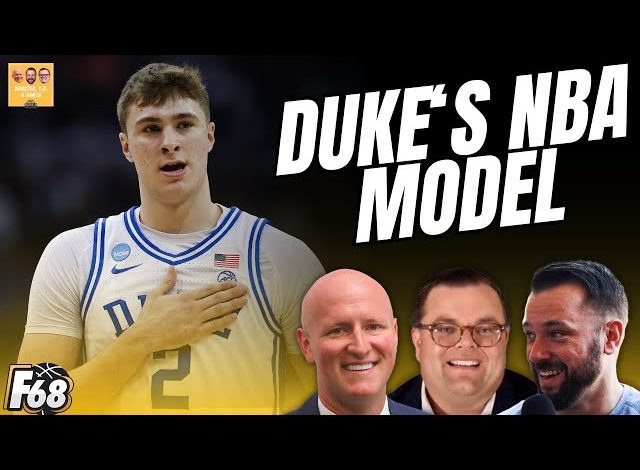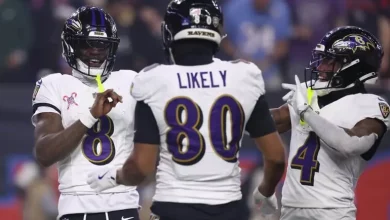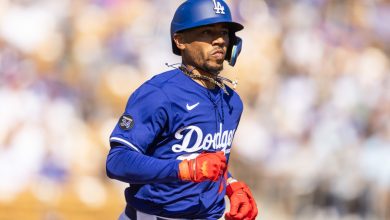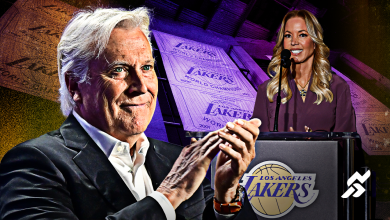The Dark Money Behind Duke Basketball

The Dark Money Behind Duke Basketball
Duke University’s basketball program is one of the most successful and well-known in college sports history. With five national championships, numerous Final Four appearances, and a long list of NBA alumni, the Blue Devils have been synonymous with excellence under the leadership of legendary coach Mike Krzyzewski. However, beneath the surface of its success lies a less discussed yet critical aspect: the role of dark money in shaping the program’s dominance. While the NCAA officially prohibits pay-for-play schemes, the influx of undisclosed financial support, booster influence, and corporate sponsorships raises questions about the true nature of amateurism in college basketball.
The Influence of Boosters and Shadow Donors
College athletics thrive on booster support, and Duke basketball is no exception. The school has a vast network of wealthy alumni and donors who are deeply invested in the program’s success. These boosters, often associated with corporate entities and private business ventures, funnel money into the program through legal and questionable means. While traditional booster donations are accounted for in athletic department finances, there is strong evidence that additional, less transparent financial contributions play a role in recruitment, player support, and facility upgrades.
One of the most controversial aspects of booster influence is the use of third-party organizations to facilitate financial transactions. These groups, known as “collectives,” pool money from donors to provide Name, Image, and Likeness (NIL) compensation to players. While NIL deals are now legal under NCAA rules, the lack of regulation makes it easy for powerful donors to exert control over recruiting and roster retention. In Duke’s case, prominent alumni working in tech, finance, and real estate industries have been known to back lucrative NIL deals, often blurring the lines between legal incentives and illicit inducements.
Shoe Companies and the Power of Corporate Sponsorships
Duke’s long-standing relationship with Nike has been a cornerstone of its basketball program. Since the late 1990s, the university has benefited from multimillion-dollar sponsorship deals with the sportswear giant, providing players with elite training gear, facilities, and exposure. However, these corporate relationships often come with unspoken expectations. Nike and other major brands have been accused of steering top high school recruits toward specific programs that align with their business interests.
The FBI’s 2017 investigation into college basketball corruption revealed that shoe companies have played an active role in funneling money to players and their families to influence their college decisions. While no direct evidence has implicated Duke in such activities, questions have arisen regarding the recruitment of top-tier talents, including Zion Williamson. In 2019, court documents surfaced alleging that Williamson’s family received financial incentives from shoe companies and other sources during his recruitment. While these claims were never officially proven, they highlight the murky financial dealings that often take place behind the scenes.
The Role of Underground Recruiting Networks
Elite college programs like Duke rely on sophisticated recruiting networks to secure top talent. These networks include AAU coaches, private trainers, and so-called “street agents” who act as intermediaries between players and universities. Many of these figures operate outside the NCAA’s jurisdiction, making it difficult to track financial transactions and illicit dealings.
Street agents, in particular, have been a significant source of concern. These individuals often receive under-the-table payments to steer high school prospects toward specific schools. While Duke has largely maintained a clean public image, whispers within basketball circles suggest that certain players have been guided to the program through financially motivated intermediaries.
Additionally, the growing influence of NIL deals has allowed wealthy donors and businesses to offer substantial financial packages to recruits under the guise of endorsement agreements. While technically within NCAA guidelines, these deals function as a form of legalized pay-for-play, creating a competitive imbalance that favors programs with strong financial backing.
Academic Scandals and Institutional Support
Another factor in Duke’s basketball dominance is the university’s ability to protect its players academically. While Duke is an elite academic institution, there have been concerns over the years regarding academic leniency for athletes. Other major programs, including North Carolina, have been caught in academic fraud scandals where players were enrolled in sham courses to maintain eligibility. While Duke has avoided such scandals, reports have surfaced about preferential treatment for athletes in terms of coursework flexibility and grade forgiveness.
Moreover, the financial support offered to players extends beyond NIL deals and corporate sponsorships. Many top recruits arrive on campus with prearranged financial security through family connections, private sponsorships, or undisclosed benefits. These forms of dark money operate outside the NCAA’s purview, making it nearly impossible to detect violations unless whistleblowers or investigative journalists expose them.
The Future of College Basketball and Financial Influence
As college basketball continues to evolve, the role of dark money will only grow more complex. The introduction of NIL deals has provided a legal avenue for players to earn money, but it has also opened the door for unchecked financial influence from boosters, corporate sponsors, and underground recruiting networks. While Duke has maintained its reputation as a premier basketball institution, it is not immune to the forces that shape the modern game.
To address these issues, the NCAA must implement stronger financial transparency measures, including stricter oversight of NIL deals and booster contributions. Additionally, universities should be required to disclose all financial transactions related to recruiting and player compensation. Without these reforms, college basketball will continue to operate in a gray area where the most financially powerful programs hold an unfair advantage.
Duke’s success on the court is undeniable, but the role of dark money in sustaining that success cannot be ignored. As the landscape of college sports shifts, the question remains: how much of the game is truly about talent and coaching, and how much is dictated by the invisible hand of financial power?









